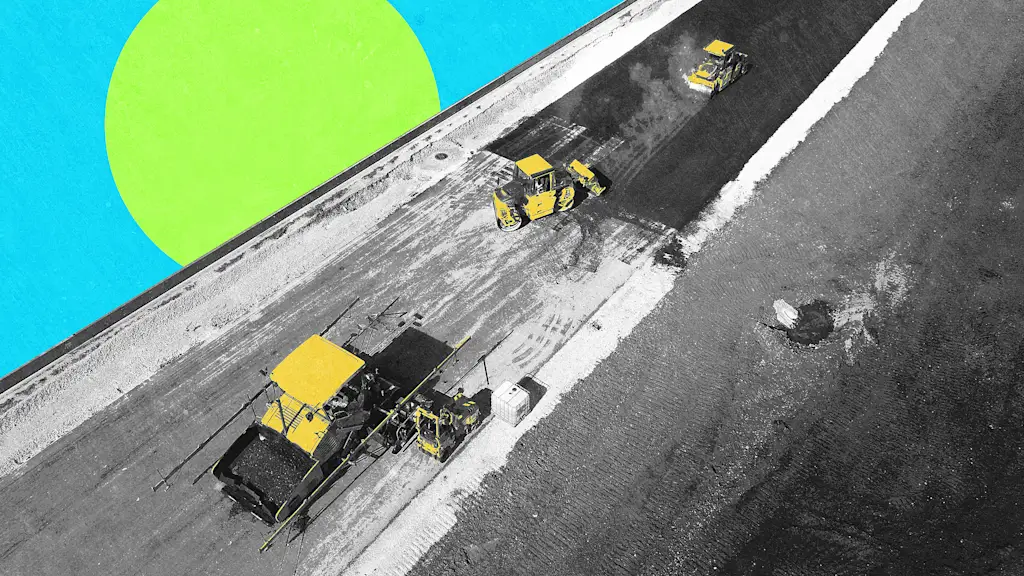
"Verde's new BioAsphalt process, which has been in development since 2022, utilizes what's called biochar, or natural wood remnants from forestry waste that get added into the traditional asphalt material mixture of limestone and granite aggregates. This allows the road mixture to sequester a small amount of carbon. Verde CEO Jack Wong estimates that for every 100 tons of BioAsphalt that gets laid, 10 tons of carbon dioxide gets sequestered."
"Asphalt's environmental footprint is significant. In addition to using petroleum-based materials and requiring extensive energy for heating and installation, it also releases dangerous particulate matter as cars and trucks drive atop it. The National Asphalt Pavement Association estimated that laying down the material results in 20 million metric tons of carbon dioxide emissions annually in the U.S.; for comparison, that's about one-seventh the amount of emissions created by the nation's commercial airline industry."
Verde developed BioAsphalt starting in 2022 by adding biochar from forestry waste into traditional asphalt aggregates of limestone and granite. The biochar enables the pavement to sequester carbon, with company estimates of roughly 10 tons of CO2 captured per 100 tons of BioAsphalt laid. The process aims to be odorless, more sustainable, and price-competitive with conventional asphalt while reducing petroleum reliance and particulate emissions. Independent testing at the National Center for Asphalt Technology included a yearlong durability trial using modified 80-ton trucks on a BioAsphalt test section.
Read at Fast Company
Unable to calculate read time
Collection
[
|
...
]